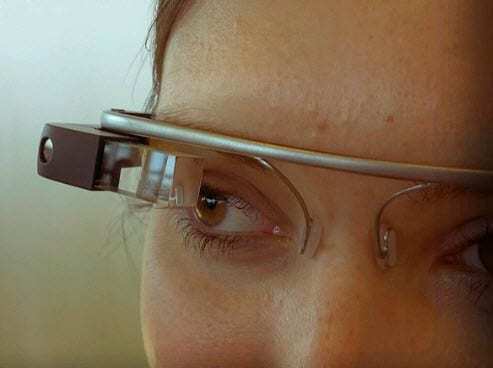Wearable devices be defined by the laws policing their use in the future
Wearable technology has managed to attract a lot of attention, but many people are focusing on the capabilities of new devices rather than the legal issues that may come to define these devices. Many tech experts believe that wearable devices will eventually play a major role in society in a similar way that smartphones do today. In the future, however, the value of wearable devices may be very limited because of certain legal issues that could prohibit their use.
Google Glass and other augmented reality headsets are becoming the subject of legal speculation.
Already, the use of Glass among drivers in some parts of the United States has already been banned. This prohibition also extends to other augmented reality glasses. Lawmakers suggest that these devices would be too much of a distraction to drivers, especially those that already struggle to keep their attention on the road rather than their smartphone. Glass is also equipped with facial recognition software, which could be used to find private information concerning particular people. This could easily be construed as an invasion of privacy.
In October of 2013, a woman in California was pulled over for speeding while wearing Google Glass.
 The woman was issued a citation for having a video screen operating while she was driving. California traffic law mentions nothing about computer-in-eyeglasses technology, but Glass typically falls into the arena of mobile device when it comes to legal matters. This is a problem that drivers in other parts of the country have experienced when using Glass while driving.
The woman was issued a citation for having a video screen operating while she was driving. California traffic law mentions nothing about computer-in-eyeglasses technology, but Glass typically falls into the arena of mobile device when it comes to legal matters. This is a problem that drivers in other parts of the country have experienced when using Glass while driving.
AR glasses are not the only devices that are likely to face legal challenges in the not-so-distant future. Smart watches are also expected to cause some legal headaches for their users. These devices are similar to smartphones but have limited capabilities. One of the legal concerns regarding smart watches has to do with their ability to record audio. Essentially, someone could use a smart watch to record a conversation without the consent of other parties. Glass can do this too, but can also be used to record video footage without consent.
Wearable technology is often praised for its innovative nature, but wearable devices may soon become synonymous with legal problems. The developers of these devices are limited in their ability to police how their devices are actually used. As such, how these devices end up being used may be determined by lawmakers that have a limited grasp on the capabilities of technology.
